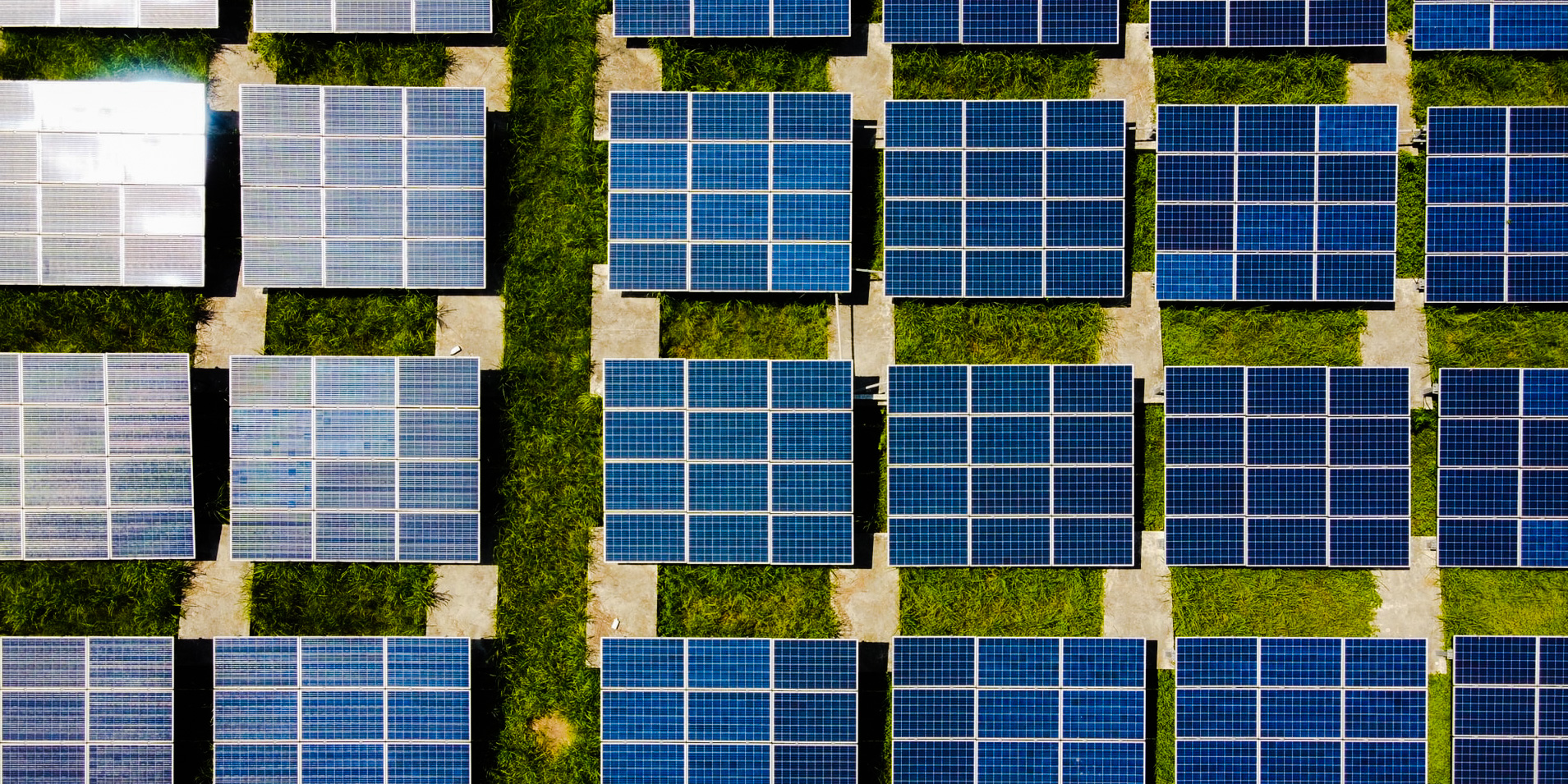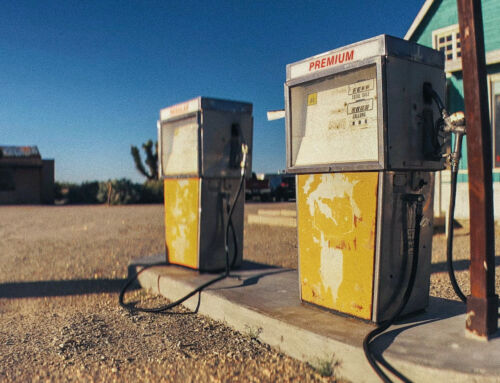View by Topic
Recent Articles
-
Congress Blocks California’s Gasoline Car BanSaturday, May 31st, 2025
-
EPA Will Keep Current Limits for “Forever Chemicals” in Drinking WaterSaturday, May 24th, 2025
-
Court Indefinitely Pauses SEC Climate Rule LitigationSaturday, May 17th, 2025
-
Maryland is About to Regulate Mold But is the Cart Before the HorseSaturday, May 10th, 2025
View by Month/Year
“Green Building Law Update” Headlines
Recent Articles & News from
Stuart Kaplow’s blog
at GreenBuildingLawUpdate.com
- Congress Blocks California’s Gasoline Car Ban: A Legal and Policy Analysis June 1, 2025
- EPA Will Keep Current Limits for “Forever Chemicals” in Drinking Water May 25, 2025
- Court Indefinitely Pauses SEC Climate Rule Litigation May 18, 2025
- Maryland is About to Regulate Mold: But is the Cart Before the Horse? May 11, 2025
Subscribe to the Green Building Law Update!
Stuart Kaplow brings his expertise and extensive experience to the table with his unique digital publication, "Green Building Law Update". Subscribers receive regular updates to keep them informed about important issues surrounding Environmental Law, Green Building & Real Estate Law, as well as the emerging demand for Environmental Social Governance (ESG).
Get fresh content through the lense of Stuart Kaplow's cutting-edge expertise, innovative commentary and insider perspective. Don't miss another issue! Subscribe below.

More Than 1,000 Shipments of Solar Panels Seized at the Border
More than $1 Billion of shipments have been interdicted by the U.S. government under the Uyghur Forced Labor Prevention Act since that law became effective last June 21.
“ .. underscoring our commitment to combating forced labor everywhere, including in Xinjiang, where genocide and crimes against humanity are ongoing,” according to Secretary of State, Anthony Blinken, the UFLPA prohibits imports made by forced labor into the U.S.
The UFLPA establishes a rebuttable presumption that the importation of any goods, wares, articles, and merchandise mined, produced, or manufactured wholly or in part in the Xinjiang Uyghur Autonomous Region of the People’s Republic of China, or produced by certain entities, is prohibited by Section 307 of the Tariff Act of 1930 and that such goods, wares, articles, and merchandise are not entitled to entry into the U.S.
Details about the number of solar panels and related equipment in the seized shipments are hard to obtain because brand names on packaging confidential trade secrets under federal law. But, based on the best available information, solar energy equipment (including solar panels) are the most seized product by far (with apparel and footwear a distant second) under the UFLPA.
We know from public records that between June 21, 2022, and October 25, 2022, U.S. Customs and Border Protection seized 1,053 shipments of solar energy equipment, and according to the Agency, none of the shipments have been released.
Despite the seizures, shipments continued with more than 1,120 additional shipments seized in the first quarter of 2023 alone, although many were laundered through Malaysia, Viet Nam and Thailand. Through March 31, 2023, 3,588 shipments were seized or otherwise denied under the UFLPA by U.S. Customs with a more than $1 Billion value.
China dominates owning the vast majority of the world’s solar panel supply chain, controlling at least 86% of solar panels produced in 2022, including 79% of polysilicon mined, 96.8% of polysilicon ingots sliced into wafers, 85.1% of manufacture into a crystalline solar cell, and 74.7% of cells wired together and laminated to form modules. China also leads in investment recording $41 Billion in the first 6 months of 2022, making up almost 2/3 of global large scale solar investment in the first half of last year.
On a closely related but different matter, this past Friday, the House of Representatives approved H.J.Res. 39, to resume tariffs on solar panel imports suspended by the Biden Administration. Despite the Democratic majority in the Senate, the resolution is likely to pass the upper chamber as well. The Congressional Review Act allows Congress to overturn a federal rule with a simple majority in both chambers. The White House has already vowed to veto the resolution in a move being criticized for its moral equivalence, arguing “the tariff suspension is vital to allow the U.S. to build up renewable energy infrastructure for the transition away from fossil fuels.”
“Modern slavery” is an umbrella term covering various forms of coercion into labor situations. This includes such crimes as human trafficking for forced labor, forced commercial sexual exploitation, and indentured labor. A typical typology of modern slavery involves a lack of consent, with victims unable to refuse or leave because of threats, violence, coercion, deception, or abuse of power.
We have blogged about modern slavery when it is forced labor imposed by state authorities in the UN Human Rights Assessment of Uyghurs by China Drives ESG.
The EU is far ahead of the U.S. in protecting people from modern slavery as we recently posted in German Law a Model for Safeguarding Human Rights in Supply Chains.
And concomitant with those efforts of governments, businesses are increasingly aggressively adopting sustainable practices in the fight against modern slavery, with many businesses publicly announcing their modern slavery practices, including a groundswell of companies acting on moral grounds not installing Xinjiang Uyghur Autonomous Region sourced solar panels.
We believe strongly that human rights are much more than a business’ pursuit of the S in ESG, and this protection from not only modern slavery of the Uyghur people but also genocide and crimes against humanity against that population provides organizations with a baseline for how to examine and assess business practices including matters of supply chain (i.e., a recent poll found 92% of American businesses would not install solar panels associated with forced labor from China in the name of reducing carbon).
We can assist your business in complying with this and other human rights laws and more than that for those that want to be among the winning companies of the future we would be pleased to share practical steps and best practices in anti modern slavery efforts for your supply chain as you work to repair the world.
A live webinar “Do You Own Your GHG Emission Data,” 30 talking points in 30 minutes, Tuesday, May 23 at 9 am EST presented by Stuart Kaplow and Nancy Hudes on behalf of ESG Legal Solutions, LLC. The webinar is complimentary, but you must register here.









